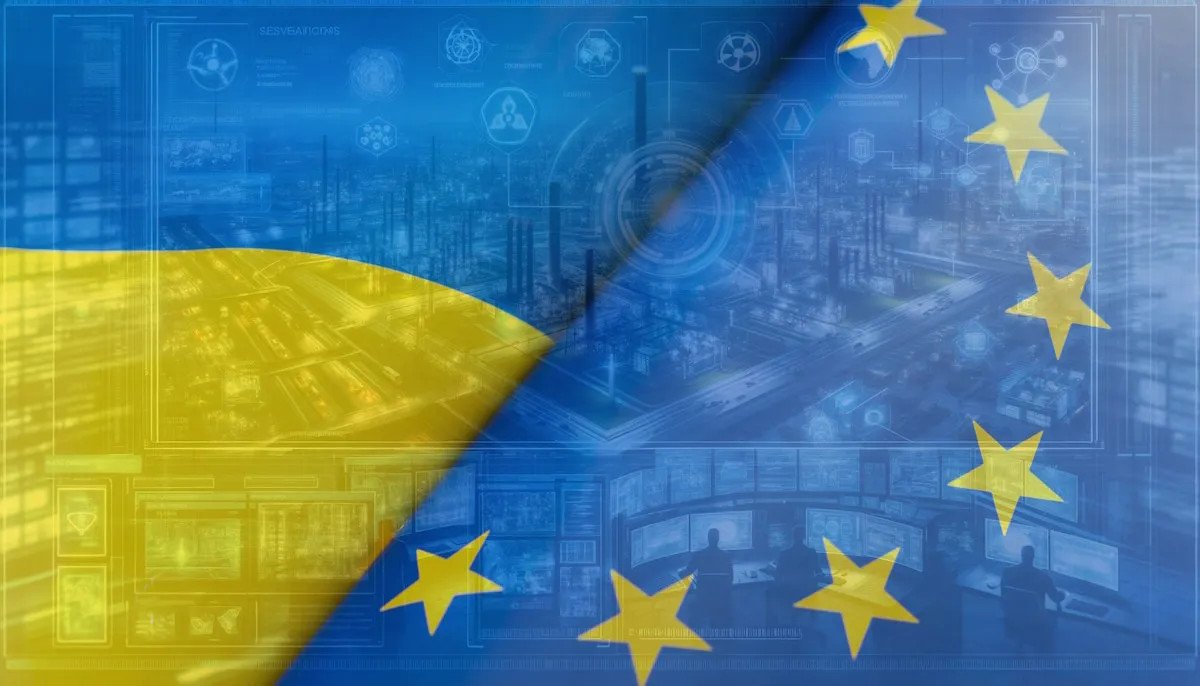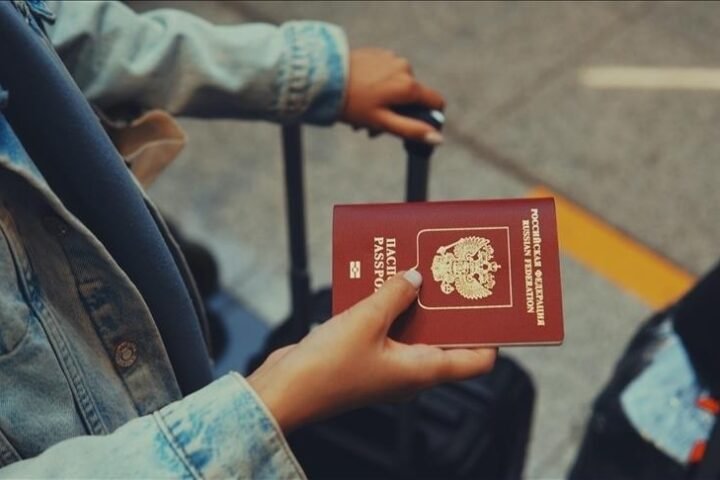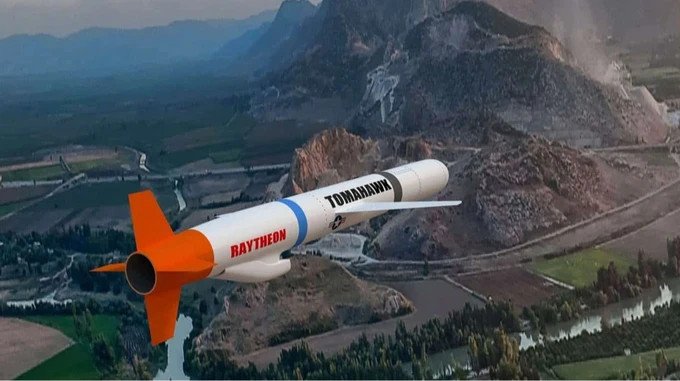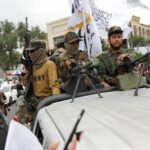A planned meeting between U.S. President Donald Trump and Russian leader Vladimir Putin in Alaska has sparked concerns among analysts, with some likening it to the 1938 Munich conference, when the fate of Czechoslovakia was decided without its leaders present. Edward Verona, a nonresident senior fellow at the Atlantic Council, told Ukrinform that the summit risks echoing a policy of appeasement, granting legitimacy to Moscow without securing lasting guarantees for Ukraine.
Fears of territorial concessions and weak security guarantees
Verona argued that Trump’s decision to host Putin on U.S. soil projects weakness, citing the administration’s shifting ultimatums and openness to discussing Ukrainian territorial concessions. He noted that suggested security measures for Kyiv amount to a vague possibility of European forces being stationed as a symbolic deterrent. Such an arrangement, he warned, would do little to satisfy Putin’s ambitions.
Risks of a fragile ceasefire
One possible outcome, Verona suggested, could be a “half-baked ceasefire” that would soon collapse, giving Russia time to regroup. Domestic political actors in Ukraine might then use the truce to push for lifting the state of emergency and calling elections. While this could appeal to both Trump and Putin, Verona cautioned it would likely weaken Ukraine’s diplomatic and military standing at a critical moment.
Political and historical undertones of the Alaska venue
The Alaska venue carries symbolic weight, Verona said, recalling that the territory was purchased from Russia in 1867 for what critics called “Seward’s folly.” He added that some Russian nationalists have joked about reclaiming Alaska, quipping that political satirists might even wonder if it could become part of a negotiation deal.
Ukraine warns against legitimizing occupation
Ukrainian President Volodymyr Zelensky has warned that Putin aims to trade a pause in the war for formal recognition of occupied Ukrainian lands. According to NBC News, the White House is considering inviting Zelensky to join the August 15 talks, though concerns remain over Ukraine’s level of representation in discussions that could shape its future.










